Tikkiwallah
A Return to the Traditional Motifs and Natural Fibers of the Tai Lue, Hmong, Khummu, Tai Daeng, Akha, and Mlabri
Tikkiwallah, a designer led artisan and textile craft studio based in based in Chiang Mai and Luang Prabang, works with artisans from the Tai Lue, Hmong, Khummu, Tai Daeng, Akha, and Mlabri communities across Lao People’s Democratic Republic and Thailand. Their collaborative relationship yields textiles and products that showcase heritage skills and traditional motifs. Tikkiwallah is committed to helping create a demand for traditional fibers, such as hand spun cotton, silk, hemp, and piet jungle vine instead of cheaper machine-made processed materials and plastics.
Each product offered by Tikkiwallah tells a unique story based on the community it comes from. The Akha & Khummu communities are working to restore the traditional use of piet jungle vine. Using natural dyes (indigo, mango bark, sappan, and turmeric) and a time-intensive process of softening the fibers in rice water before knotting in small and delicate patterns, they are creating beautiful bags and totes adorned with stripe patterns. Despite piet being used for centuries in northern Laos, this tradition is in threat of disappearing as the global marketplace has favored cheap bags made from plastic. These bags are a beautiful, lightweight, carbon-neutral, and waste free alternative to plastic totes.
The Tai Lue are experts in kit, chok, and cotton tapestry weaving techniques. Their textiles are minimally accented with motifs that honor their cultural mythologies, often dyed with indigo. The Hmong produce hand woven hemp and reverse applique textiles. Using traditional batik techniques on hemp products, or hand embroidery, nearly all Hmong textiles are adorned with motifs that double as talismans. Popular motifs include the snail and seeds. The snail symbolizes longevity and perseverance, and seeds pay homage to their agrarian lifestyle. While Hmong applique is a vital part of their culture, the practice was severely impacted by the Vietnam War in the region. In the aftermath, Hmong communities relied on selling their textiles, facing pressures to produce cheap goods and souvenirs that could be sold to the masses, the motifs became simplified and the use of cheap materials became the norm. Tikkiwallah is working to create a model where preserving traditional motifs and natural fibers is preferred.
Tikkiwallah’s Creative Design Director and Founder, Rachna Sachasinh, formed Tikkiwallah in response to the pandemic. Travel restrictions severely restricted the ability of artisans to sell their goods, and artisans who were unable to pivot to a digital marketplace were left unable to generate any income. Beginning with a simple Instagram page, Sachasinh reached out to her network of independent artisans to create a digital market dedicated to artistic collaborations that prioritize traditional fibers, heritage skills, and modern design.















